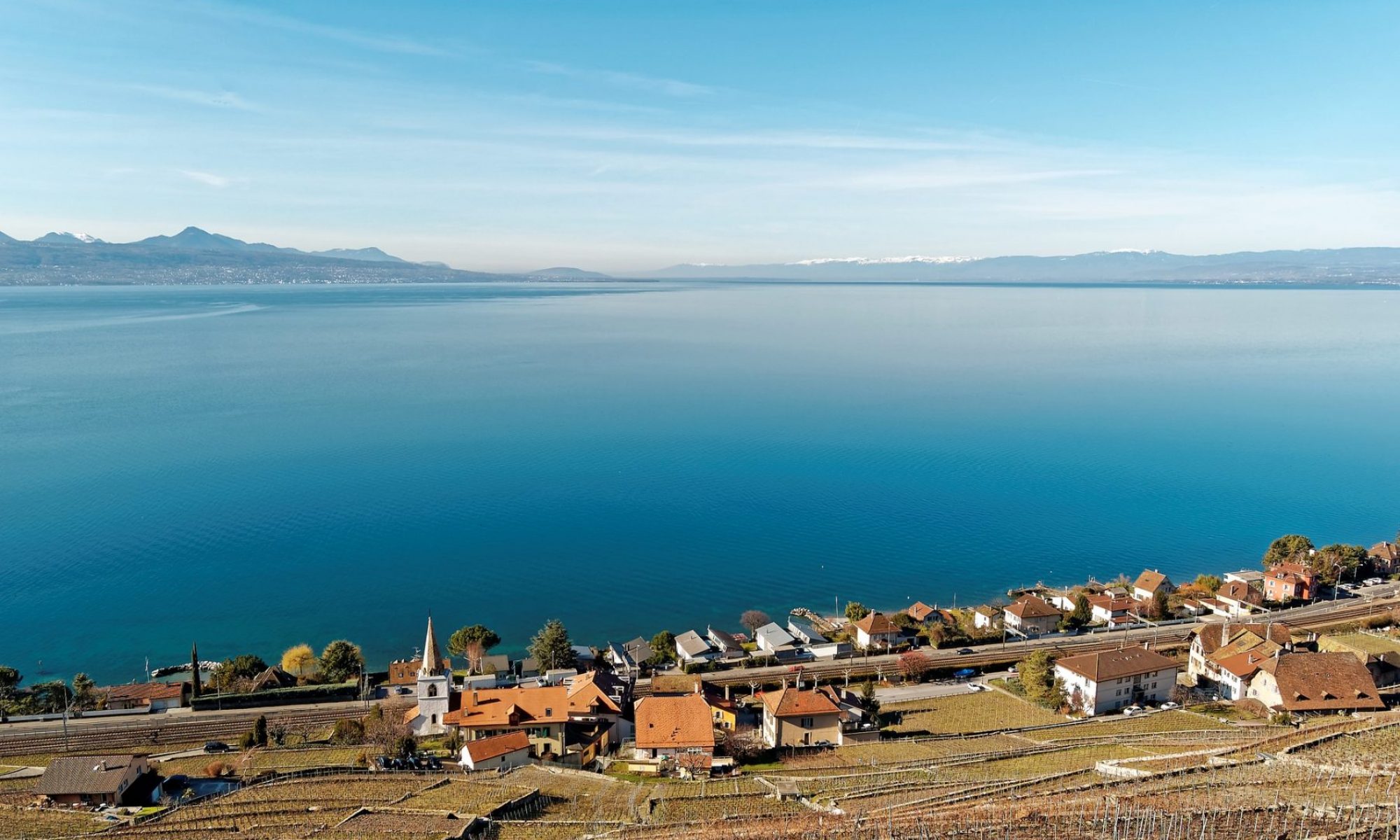Jonas Margot / Supervisor :
Summary
Conventional wastewater treatment plants (WWTP) were not designed to remove some organic compounds like pharmaceuticals and pesticides. These compounds arrive therefore into the surface waters and can be toxic for aquatic organisms, even at very low concentration. To reduce the release of such substances into the aquatic environment, advanced treatments are necessary.
In the first part of this project, in collaboration with the city of Lausanne, the canton de Vaud and the Federal office for the environment (FOEN), we studied two advanced treatments on a pilot scale at the municipal WWTP of Lausanne: ozonation and adsorption on powdered activated carbon. Even if they still need some optimizations, these two technologies are effective to reduce the release of micropollutants and are feasible in terms of implementation and operation on a large scale in WWTP. These processes are thus not well adapted for small WWTP with non permanent staff.
High concentrations of micropollutants are usually found in small streams and come in most of the case from small WWTP, so there is a need to develop other kind of treatment which could be used in small WWTP. Engineered constructed wetlands (ECW) could be a promising option, but they are not yet able to remove all the problematic compounds.
In the second part of this project, our goal is to optimize the removal of micropollutants in ECW. For this, we try to develop an engineered microbial system able to transform a broad spectrum of micropollutants, rendering them less toxic. The goal is to develop and maintain in the ECW a consortium made up of microorganisms able to produce oxidative enzymes that have broad substrate spectra. These enzymes could be employed as unspecific oxidation catalysts for the biotransformation of polar micropollutants present in wastewater.
More information about the pilot project at the Lausanne WWTP can be find on this link: https://www.lausanne.ch/micropolluants
